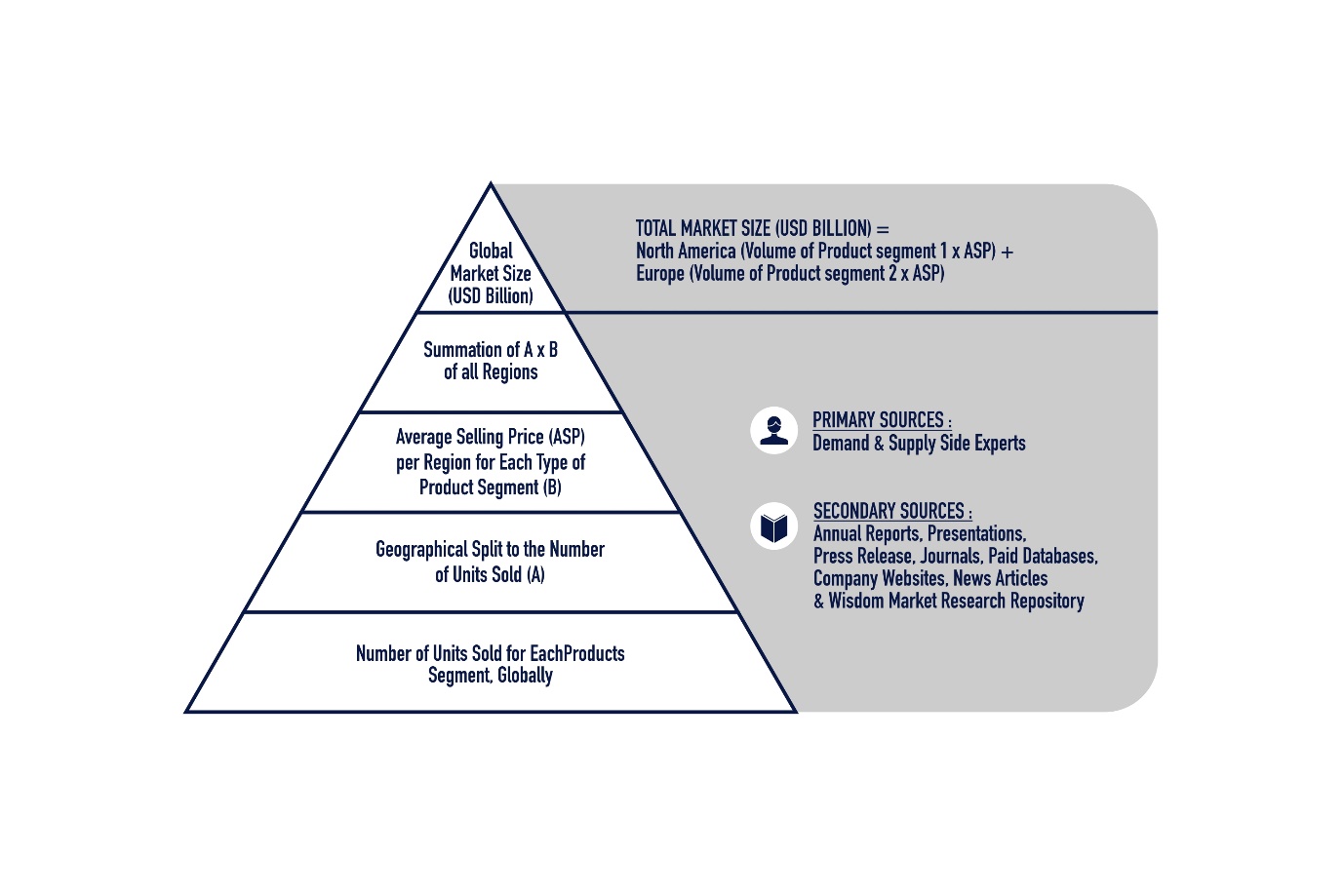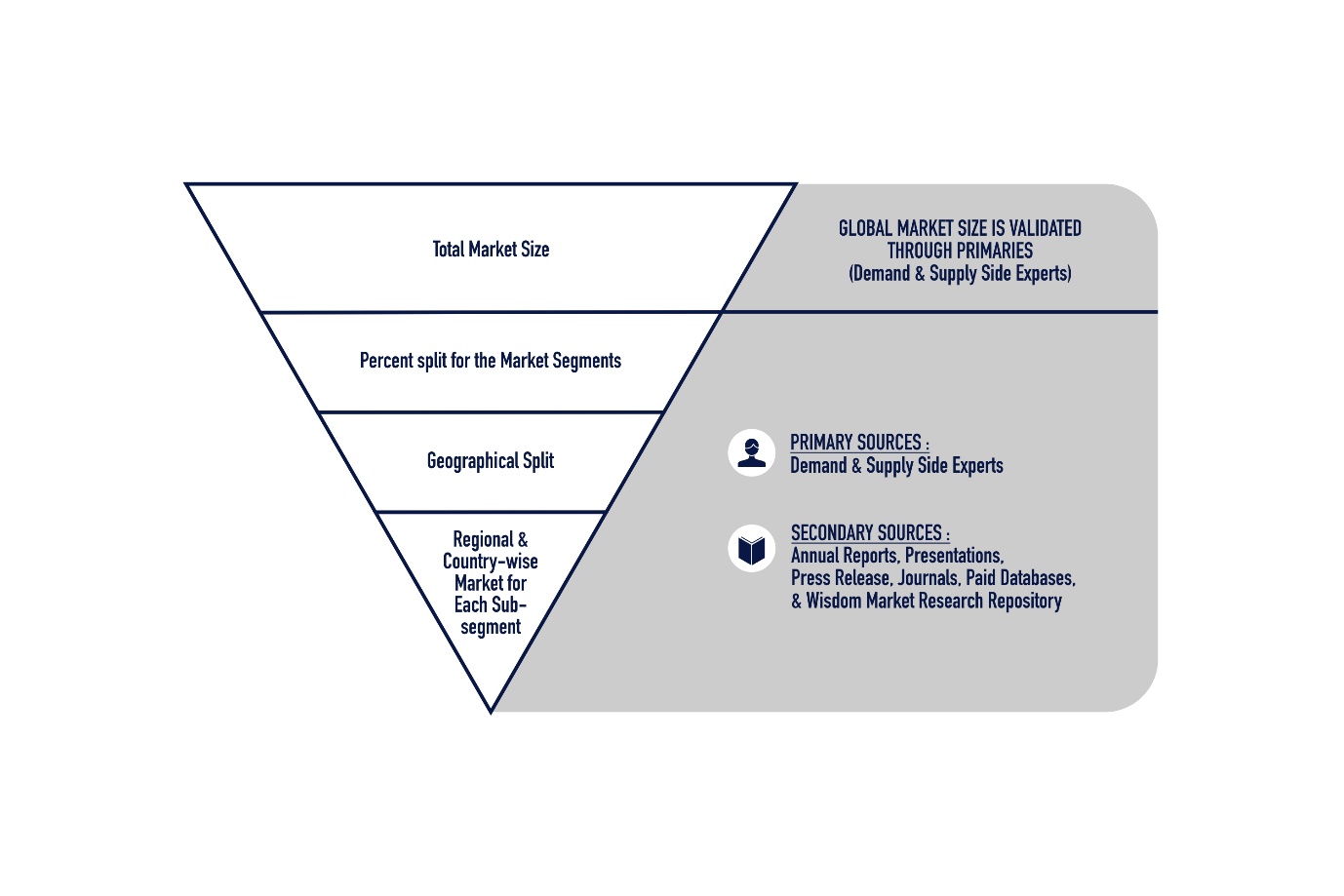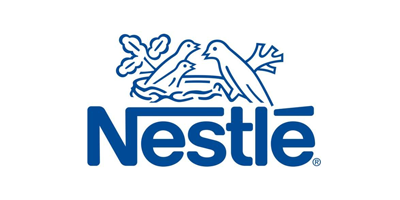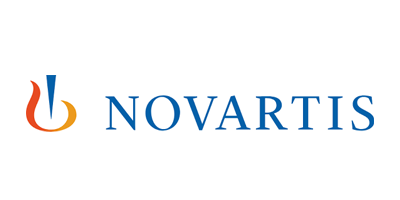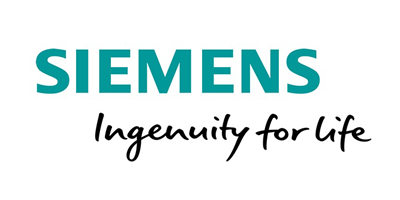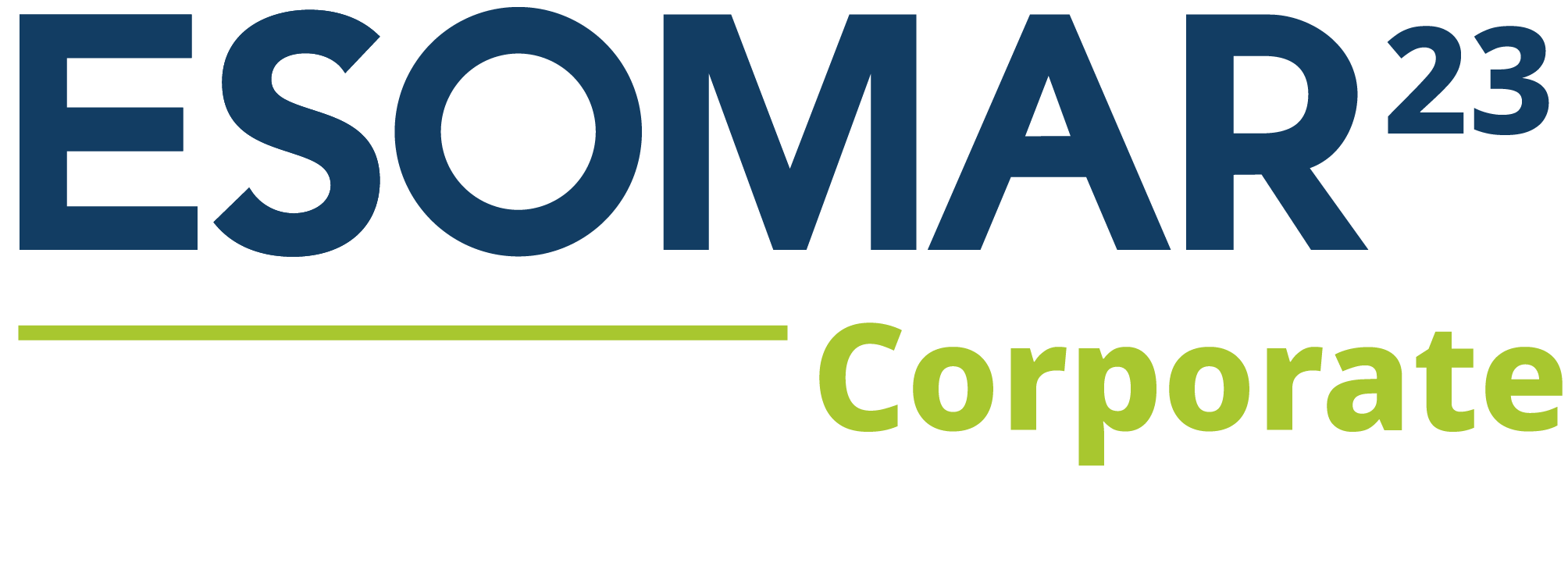

Electronically Scanned Arrays Market by Installation (Fire Control Radar, Tactical Data Link Radar, Air Traffic Control Radar, and Others), Platform (Air, Marine, Land), Type (Active Electronically Scanned Array (AESA) and Passive Electronically Scanned Array (PESA)), Frequency Band (Single Frequency and Multifrequency), Component (Transceiver module, Phase Shifters, Beamforming Network, Signal Processing Module, Radar Data Processor, Others), Range(Short range, Medium Range, and Long Range), Dimension (2D, 3D, and 4D) and Region (North America, Europe, Asia-Pacific, and Rest of the World) - Market Size, Share, Trend, Forecast, Competitive Analysis, and Future Outlook: 2022-2028
Base Year: 2021
Historical Data: 2016-2020
Market Highlights
Electronically Scanned Arrays Market estimated at US$ 8.6 billion in 2021, the electronically scanned arrays market is projected to expand at a compound annual growth rate (CAGR) of 8.1% from 2022 to 2028, reaching US$ ~12.4 billion.
COVID-19 has caused a lot of challenges for a variety of sectors. That also applies to the defense and aerospace industries. A number of countries have reduced their defense spending due to the COVID-19 pandemic. As a result, most research projects are put on hold. Furthermore, exports of electronically scanned arrays to some countries in the Middle East, Africa, and Latin America have decreased. These options all affect the growth of electronically scanned arrays.
Several antennas that may be moved independently of one another to project the radio beam in different directions make up electronically scanned array systems. Electronically scanned array radars have various advantages over other types of radars, including increased dependability and resistance to electronic jamming.
Armed forces throughout the world are adopting electronically scanned arrays more often as their benefits become more apparent with continued research. The increased usage of electronically scanned array systems in aircraft is the outcome of global attempts by numerous nations to build up an intelligent and technologically sophisticated army instead of a sizable but underdeveloped one. Leading military spenders such as the United States are laying the groundwork for the army to become more automated and powered by technology, eventually replacing the manual, human-driven force.
Major militaries across the globe are investing in plans to modernize their air defense systems, fighter jets, naval vessels, and homeland security technology. The purpose of this upgrade is to make all that equipment work better. A critical component in enhancing the effectiveness of such military hardware is modernizing the tracking, surveillance, and navigation systems in place. The most advanced antenna technology that improves the tracking, surveillance, and navigational capabilities of this military equipment is an electronically scanned array. The electronically scanned arrays market is expected to expand over the course of the projection period due to the high demand for its installation.
Recent years have seen a number of directives and investments in the sector that should expand the electronically scanned arrays market as a whole. Among them are:
• Several countries have increased their defense budget as a result of the geopolitical unrest around the world. Furthermore, compared to five years ago, there are currently more active conflicts. Hostilities between Russia and Ukraine, India and Pakistan, the US and China, China and Taiwan, and China and India are a few examples of ongoing hostilities. The navy and air force's guided missile defense system-fired missiles are obstructed by electronic scanned array-based radars. It's expected that when these conflicts escalate globally in the near future, there will be a greater need for and incentive to develop electronically scanned array radar systems.
• The most recent advancement in radar technology, 4D electronically scanned array radar, provides features including recognized tactical imagery, weapon assignment, and multi-functional surveillance and target acquisition. The radar uses a solid-state, gallium nitride active, electronically scanned array sensor with several digitally produced beams. Helicopters, low-flying aircraft, and missiles are just a few of the air targets that the electronically scanned array can recognise, track, and classify. The 4D electronically scanned array, or TRML-4D, was developed by Hensoldt AG (Germany). Its 360-degree azimuth coverage and more than 250-kilometer range allow it to identify more than 1,500 targets at once. In 2021, Norway procured five Thales Ground Master 200 Multi-Mission Compact radars (GM200 MM/C) from the Netherlands via a government-to-government accord. The Norwegian Armed Forces now have a new mobile artillery position electronically scanned array suitable for both home and international operations, thanks to this procurement. There is also an option for three further GM200 MM/C systems under contracts with the Norwegian Defence Materiel Agency (FMA) and the Netherlands Defence Materiel Organization (DMO), with a total contract value of USD 94 million with deliveries scheduled for 2023–2024. In order to support very-short-range/short-range air defense weapons, Thales developed the S-band GM200 MM/C, a palletized 4D dual-axis multibeam active electronically scanned array (AESA) radar system designed for tactical mobility, rapid deployment, and combat air observation.
Market Segment Analysis
The electronically scanned arrays market is divided into fire control radar, air traffic control radar, tactical data link radar, and other categories based on installation.
The electronically scanned arrays market is divided into three segments: air, marine, and land, based on the platform.
The electronically scanned arrays market is divided into single frequency and multifrequency segments based on frequency band. Single band frequencies are further divided into VHF, L-band, S-band, C-band, X-band, and K-band. VHF frequencies, which span from 30 to 1,000 MHz, are employed in long-range tracking and monitoring applications. They are used in early warning radar systems such as ballistic missile radar, which tracks missiles and satellites, because of their ability to supply large amounts of bandwidth required to gather high-definition signals. These frequencies are also used in foliage/ground penetration and biomass-penetrating electronically scanned arrays. Since these frequencies are least affected by rain or cloudburst, they can be used in weather forecasting equipment such as wind profilers.
Geographically speaking, North America is expected to continue to dominate the electronically scanned arrays market for the duration of the forecast period. The primary factors contributing to this region's dominance are the high concentration of manufacturers using electronically scanned products and the rising costs associated with research and development.
At the same time, throughout the projected period, Asia Pacific is anticipated to see the quickest growth in the electronically scanned arrays market. as a result of the region's increasing industry, urbanization, economic growth, and infrastructure development. Compared to South America, the Middle East and Africa represent larger markets for electronically scanned arrays.
Key Players
The electronically scanned arrays market for electronically scanned arrays is highly competitive. The state of the sector and government assistance have a direct impact on the companies' growth. The quality and penetration of these companies' electronically scanned arrays in both target and emerging markets serve as differentiators. Additionally, a few recent large mergers and acquisitions in the sector have had a big impact on the competitive dynamics. As an illustration:
• Northrop Grumman Corporation unveiled X-band short- to medium-range three-dimensional (3D) radar in 2020, utilizing the tried-and-true active electronically scanned array (AESA) AN/APG-83 F-16 fighter radar in a ground-based sensing on-the-move function.
• Thales will release The AirMaster C, a new airborne surveillance radar that can detect targets in 2020 and be installed on fixed-wing aircraft, helicopters, and unmanned aerial vehicles (UAVs).
These mergers and acquisitions have had an impact on the competitive landscape as a whole. The leading companies in the electronically scanned arrays market are as follows:
Northrop Grumman Corporation, Aselsan A.S., Lockheed Martin, Raytheon Technologies, General Dynamics, Bae Systems, Leonardo S.P.A., Israel Aerospace Industries, Indra Company, L3harris Technologies, Teledyne Technologies, Thales Group, Hanwha Systems, Saab Ab, Bharat Electronics Ltd, Airbus Group, Mitsubishi Electric, Telephonics Corporation, Vega Radio Engineering Corporation, Jem Engineering Llc, Cea Technologies, Lig Nex 1, Api Technologies Corp., Hensoldt Ag, Src, Inc.
Electronically Scanned Arrays Market Scope:
| Report Data | Electronically Scanned Arrays Market |
| Electronically Scanned Arrays Market Forecast Value 2028 | 12.4Billion |
| Electronically Scanned Arrays Market CAGR 2022 - 2028 | 8.1% |
| Electronically Scanned Arrays Market Forecast Period | 2022 - 2028 |
| Electronically Scanned Arrays Market Base Year | 2021 |
| Regional Scope | North America, Europe, Asia Pacific, South America, and Middle East & Africa |
| Key Companies Profiled | Northrop Grumman Corporation, Aselsan A.S., Lockheed Martin, Raytheon Technologies, General Dynamics, Bae Systems, Leonardo S.P.A., Israel Aerospace Industries, Indra Company, L3harris Technologies, Teledyne Technologies, Thales Group, Hanwha Systems, Saab Ab, Bharat Electronics Ltd, Airbus Group, Mitsubishi Electric, Telephonics Corporation, Vega Radio Engineering Corporation, Jem Engineering Llc, Cea Technologies, Lig Nex 1, Api Technologies Corp., Hensoldt Ag, Src, Inc.. |
| Key Segments | By Installation By Platform By Type By Component By Range By Dimension By Region |
| Report Coverage | Market Sizing, Market Forecasting, Market Dynamics, Market Trends, Market Development Analysis, Market Share Analysis, Regional Analysis, Competitive Positioning, Competitive Benchmarking, Competitive Landscape, Company Profiling, Regulation Analysis, etc. |
Get Your Report Customized
Further segmentation of the market on the basis of type, application, end use, product, technology, method, process and any other segment depending on the market
Segmentation on the basis of any specific country or region
Any segment can be classified on the basis of application
Application segment can be further divided on the basis of companies
The companies profiled are not limited, we can incorporate additional companies of your choice
We can split the company market share on the basis of product, application and region
Report can be prepared for any specific country/region/segment
Customers can be added on the basis of regions and countries
Choose License Type
Get in touch with us
Why choose us
Proactive
We manage our resources 24/7 to identify issues and address them before they become problems
Quality & Reliability
We are committed to providing reliable and highly accurate data with an excellent quality control system
Global Outreach
6 Major regions and 40+ countries level analysis accomplished
Competitive Pricing
Our pricing strategy is highly competitive in the market, without compensating on the quality and the timeline of project delivery
Electronically Scanned Arrays Market
Published Date : Jan 2022 | Formats :
UP TO 30 % OFF
Single User License
10% OFF
Team License
15% OFF
Corporate License
30% OFF
Book before: 31st May 2024
Some Facts About The Research Intellica
800+
Reports Published Per Year
2500+
Consulting Projects till date
125+
Fortune 500 Clients
1600+
Analysts and Contract Consultants

















